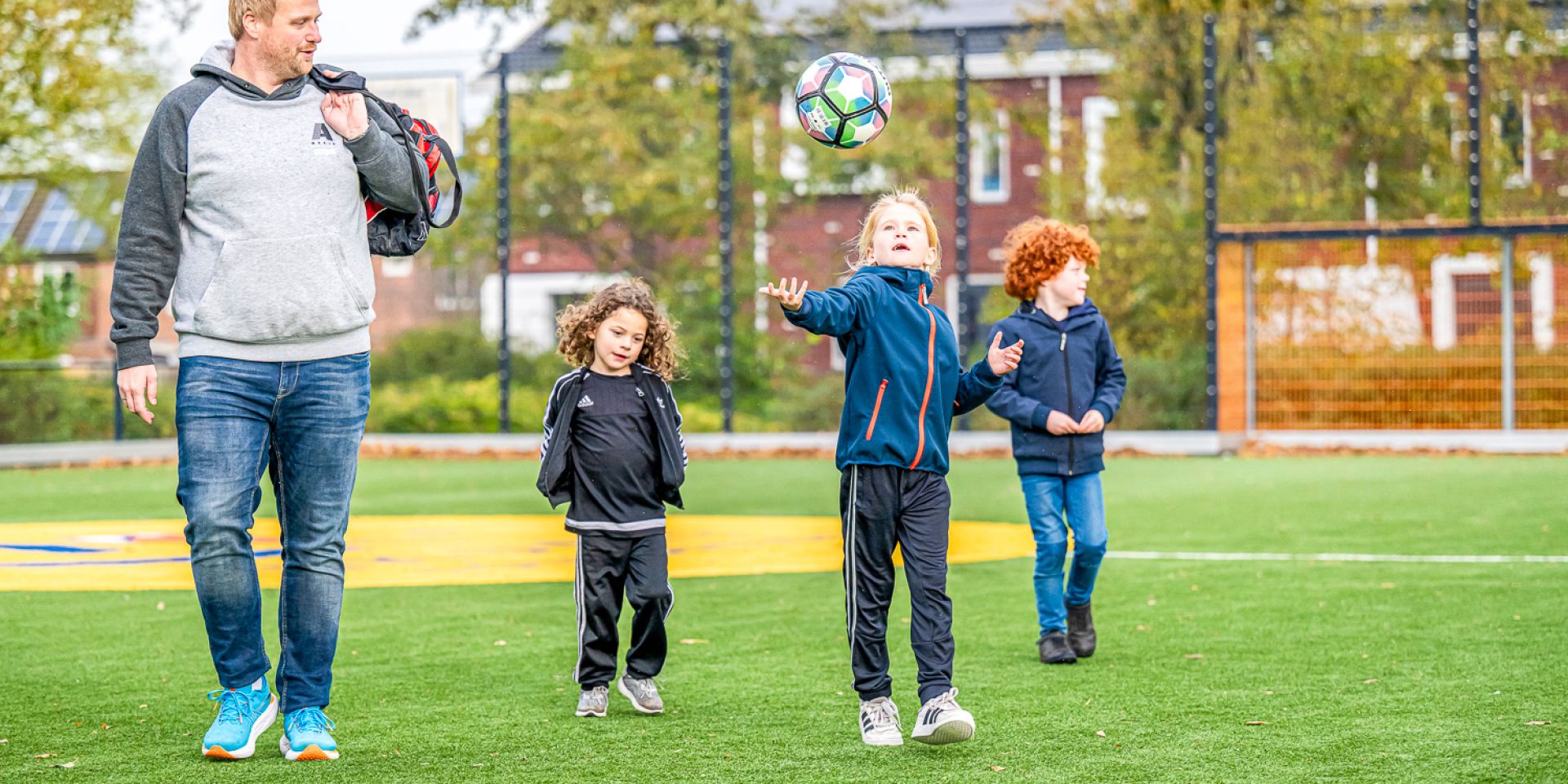
Youth care at the GP practice
What are the results of introducing primary mental health workers?
Based on anonymised data on 2,439 client trajectories, we set out to learn about role of primary mental health workers (PMHWs) who support general practitioners in the care for youths who presumably have mental health problems:: what characterises the role in the practice, what results have been achieved through the introduction of PMHWs and what are the experiences of the professionals and clients involved?
The results
Health professionals, community team members, policy officials, young people and parents are positive about this form of care. The ease of access to (more specialized) knowledge is considered to be particularly beneficial.They indicate that:
• The quality of care has improved, since young people receive help more quickly.
• The provision of short-term and/or low-intensity care for young people has improved.
• Triage has improved, since PMHWs have more time to make an in-depth assessment of the problem.
• Help is offered sooner and with less waiting time, which can prevent deterioration.
• More psychoeducation, supportive interviews, parenting support, and mediation or guidance during referral is now being offered within GP practices.
Those involved believe that referrals to specialist youth mental health services are better justified and more thoroughly considered. The research study shows that the majority of help requests to PMHWs concern behavioural and emotional problems. Parents also attend with help requests related to parenting or problems with the family situation. Of the young people who see a Youth Practice Assistant, 41% are found to receive the help they need, without need for further referral. Whether this prevents unnecessary referrals cannot from this research.
Recommendations
Effective help at an early stage can prevent problems escalating and can ensure individual and societal health benefits at an older age. The results of this research study suggest bases that could enable further optimisation of the effectiveness of the Youth Practice Assistant role:
• We know that access to (specialist) knowledge at an early stage of care is beneficial. Time and money should therefore be made available to invest in acquiring and maintaining specialist knowledge.
• Up-to-date knowledge and understanding of the care network is essential for appropriate referrals. PMHWs should therefore have time available to invest in the development and maintenance of this network as an explicit task.
• A low threshold for access is an important success factor. Positioning in the general practice has the advantage that the PMHW is associated with the trust in the medical confidentiality and expertise of the general practitioner.
• Since PMHWs work across several GP practices, each with their own environment and ways of working, it is essential for them to have adequate time to consult, fine-tune and invest in relationships.
Effective help at an early stage can prevent problems escalating and can ensure individual and societal health benefits at an older age.
Effective help at an early stage can prevent problems escalating and can ensure individual and societal health benefits at an older age.
The research study
Rising youth care costs, complex cases, excessive bureaucracy involved in organising appropriate care... These themes have been comprehensively reviewed in the past year. One of the key ways we think we can tackle such issues is by making specialist knowledge more easily accessible (earlier and with a lower threshold). Thus enabling problems to be identified earlier than is often the case now and the right help to be made available as quickly as possible.
Providing care for youth mental health problems in general practice by primary mental health workers (PMHWs) is a good example of this. They should have specialized knowledge of mental health issues in children and young people. Knowledge that a GP could not offer to the same degree.
In the past two years, Accare, Molendrift, Karakter and the Child and Adolescent Psychiatry Knowledge Centre have collected large-scale data on the deployment of this form of youth care in GP practices. How does this type of care work in practice? What results are achieved and what are the experiences of the professionals and clients involved? Over 250 GP practices and around 2,500 clients were involved in the research study.
Collaboration
We conducted this study in collaboration with Molendrift and Karakter.
